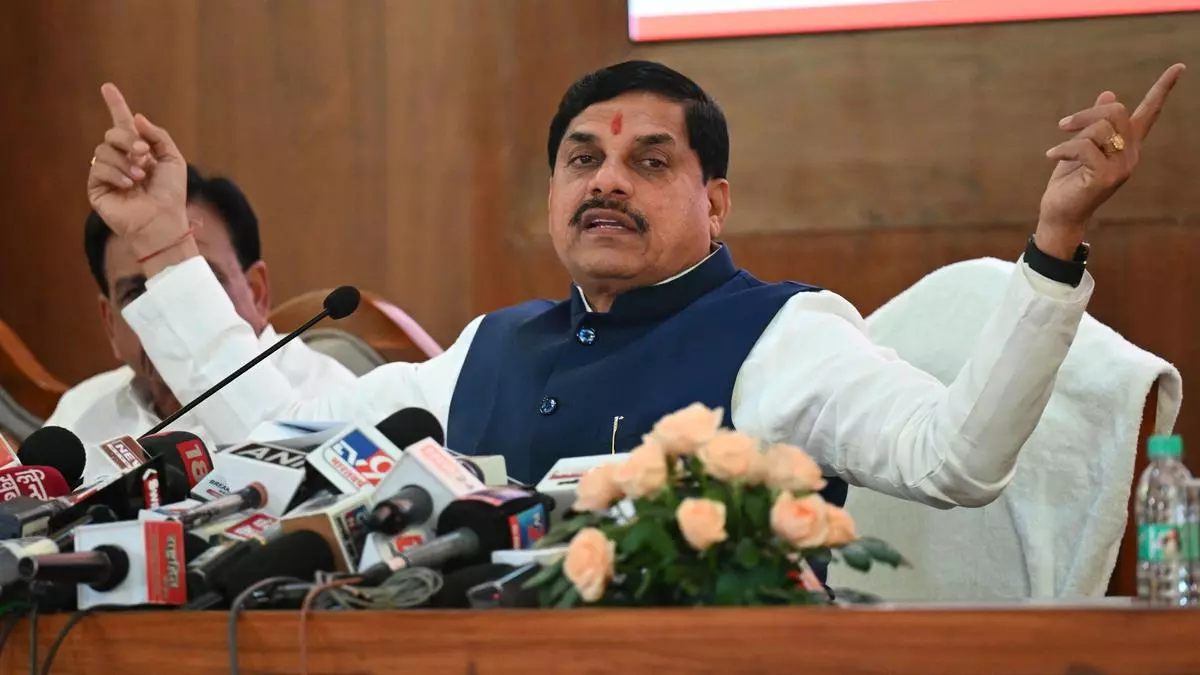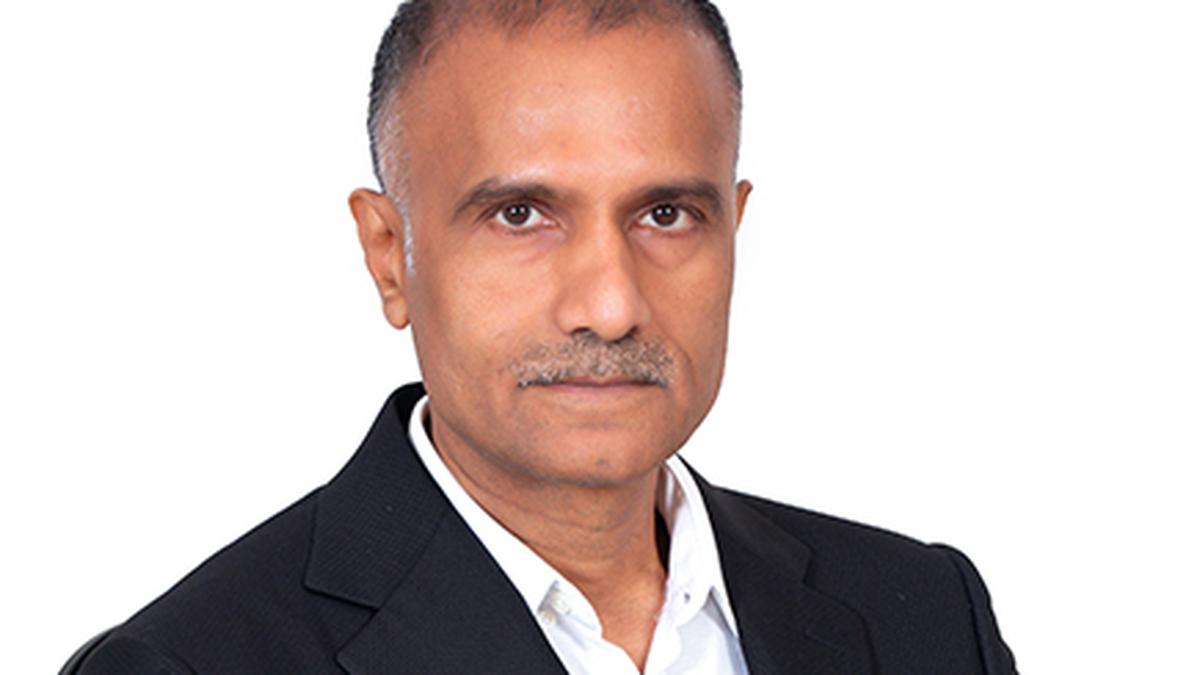India’s auto industry experts and EV entrepreneurs recently gathered at the Global Investors Meet to discuss the country’s transition to sustainable mobility. While the adoption of electric vehicles (EVs) is still limited in India, accounting for less than 2% of passenger vehicles and less than 5% of two-wheelers, industry leaders believe that with continued government support and incentives, India can accelerate its sustainable transition.
The discussion highlighted the importance of government support in achieving the desired goals. Satyakam Arya, MD&CEO of Daimler India Commercial Vehicles, stressed the need for ongoing support from the government, as the FAME-II subsidies are set to expire this year. He emphasized that India requires substantial backing and incentives to achieve a significant increase in EV adoption.
Kamal Bali, chairman of CII southern region, expressed confidence in India’s ability to localize EV production with the right government support, drawing a parallel with the successful localization of internal combustion vehicles. However, EV entrepreneurs called for a shift in policy. Hema Annamalai, founder of Ampere, stressed the importance of supporting not only larger players in the industry but also small and medium enterprises, as EVs present entrepreneurial opportunities.
Annamalai suggested that FAME III, the next phase of the government’s EV promotion scheme, should focus on significant localization of EV production and avoid over-engineering products. She also proposed considering e-two wheelers as commodities and implementing policy modifications to enable the mass adoption of low-speed lightweight electric cycles with sodium-ion batteries.
Vikram Gulati, country head of Toyota Kirloskar Motor, emphasized the need for Indian manufacturing to develop the scale and technological strength required for EV parts, similar to the success achieved in auto components. He stressed the importance of multi-fuel options, including EVs, hybrids, and ethanol-blended fuel, while localizing critical EV parts.
Gulati also highlighted that even with ambitious targets for EV adoption in India, a significant percentage of vehicles on the road would still be petrol or diesel-powered. He called for a quick and scalable shift to sustainability, requiring the adoption of hybrids and ethanol-blended fuel alongside EVs. Gulati acknowledged the positive impact of India’s increased ethanol blend, which has already saved a substantial amount of fossil fuel.
In conclusion, the experts and entrepreneurs emphasized that India’s sustainable transition requires continued government support and the implementation of incentives targeted at the EV industry. They stressed the need for localization of EV production, development of EV parts technology, and the establishment of charging infrastructure, while ensuring a balanced approach to multiple fuel options. Achieving these goals will be critical as India aims to significantly increase EV adoption and reduce its dependence on fossil fuels.










